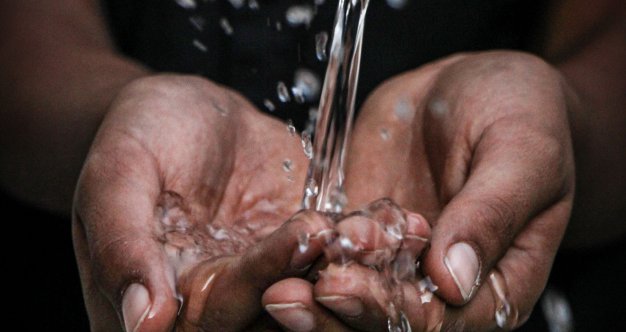A new study looking at nitrates in drinking water in the United States is suggesting that the contamination could lead to more than 12,500 new cases of cancer per year. The new study, from the non-profit Environmental Working Group (EWG), estimated the number of cancer cases in each state that could be attributed to nitrate contamination in public drinking-water systems by doing a meta-analysis of studies on drinking water nitrate and cancer. Colorectal cancers were associated with the largest increase in risk, though there were a number of cases of ovarian, thyroid, kidney and bladder cancers as well.
With new research like this, the biggest question, of course, is: how worried should we be?
Read MoreStudy authors called for the government to make changes to the current nitrate standard, claiming this research illustrates just how many Americans are at risk. The current EPA standard, which was set in 1962, is 10 parts per million (or 10 mg/L) when it comes to nitrate in drinking water. However, study authors point out that there have been epidemiological studies that link nitrate in drinking water with cancer and other serious health issues at levels that are about one tenth of that legal limit.
“Nitrate contamination of drinking water is a serious problem, and especially severe in the nation’s farm country,” said Olga Naidenko, Ph.D., senior science advisor at EWG and one of the study authors. “Now, for the first time, we can see the staggering consequences of this pollution.”
In the past few years, several studies have come out in Europe that report statistically significant increase in colorectal cancer risk associated with nitrate in drinking water at levels of just .7 to 2 mg/L. The highest risk was observed in men who consumed a lot of red meat. Another recent study conducted in Iowa, a region of the U.S. with a history of high levels of nitrate in drinking water, found that higher risk for colorectal cancer was observed among people who consumed water with nitrate levels of 5 mg/L — however, this study also linked the higher risk to those who consumed a lot of red meat. It’s also worth noting that not all epidemiological studies report an elevated colorectal cancer risk with nitrate exposure. Study authors did point out that a study in Iowa that looked at only females observed no association between drinking water nitrate and colorectal cancer risk (if risk factors such as meat intake and antioxidant levels were also considered).
Despite the new study, the EPA gave a statement to CBS News declaring that drinking water standards are tightly regulated for contaminants like nitrates and bacteria. “In EPA’s most recent statutorily mandated review of drinking water standards, published in 2017, the agency determined not to revise the existing nitrate/nitrite standards. EPA will continue to monitor research on nitrates and other drinking water contaminants and will determine the next steps as appropriate in future reviews of drinking water standards,” the agency said.
Learn more about SurvivorNet's rigorous medical review process.

